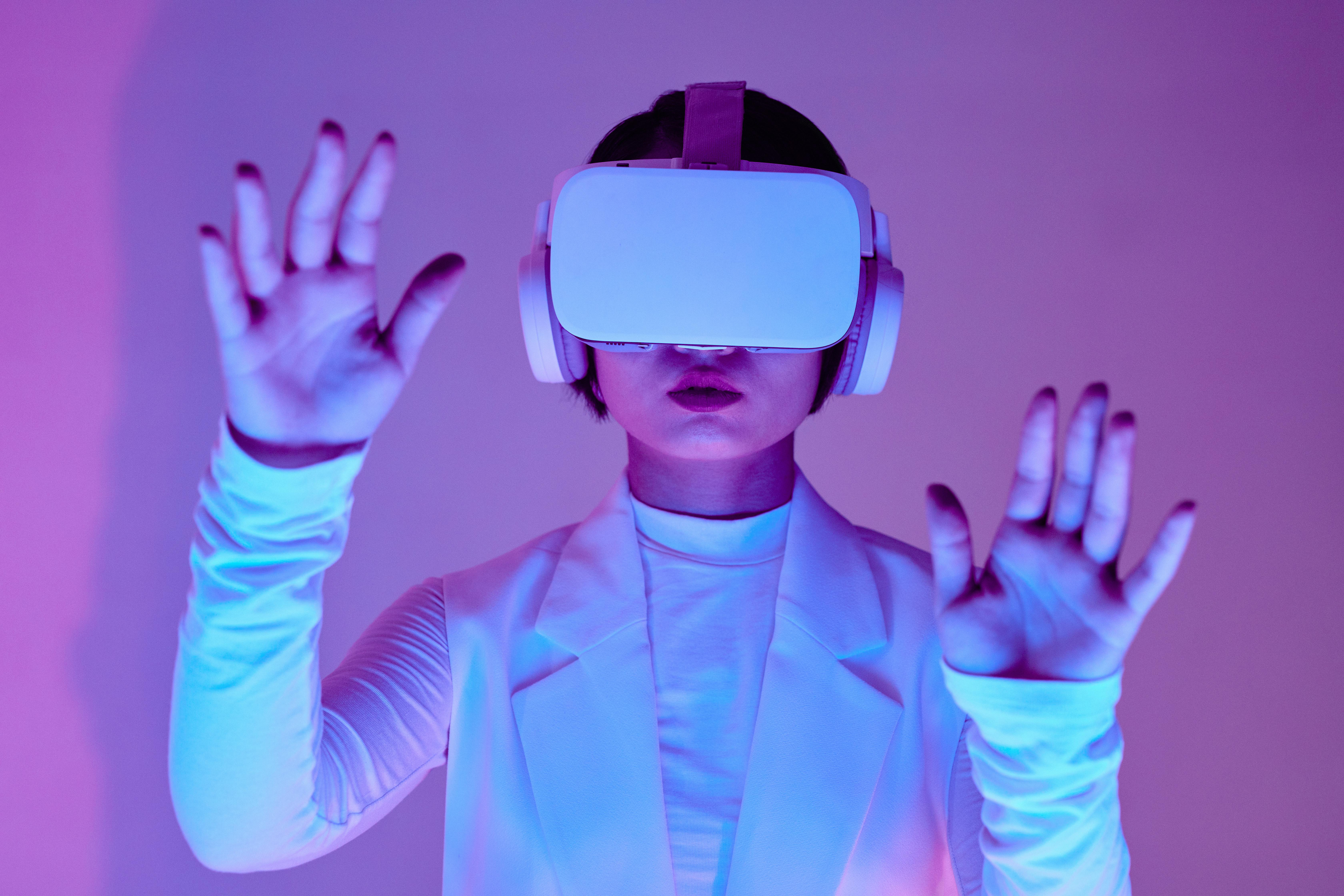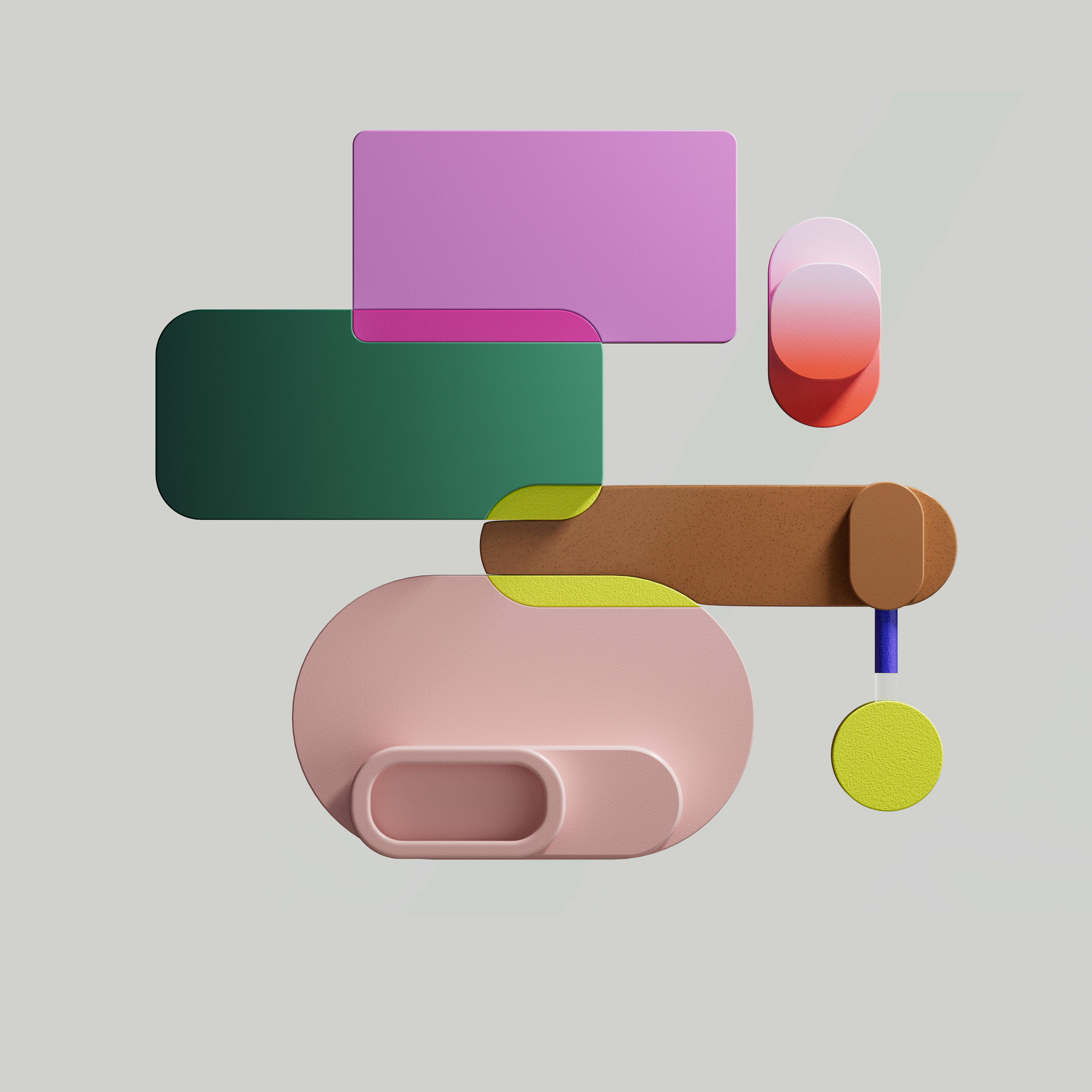Exploring the Impact of AI on Future Content Creation: A Human vs AI Perspective

As our technological capacity grows, so does our need for accurate, swift and appealing content. In this digital age, content creators often ask if machines can replace humans in the creative process. Are the days of human-authored content numbered? Can artificial intelligence (AI) fully take over the creative process in the foreseeable future? Let's delve into how AI technology impacts content production and whether it signifies the end of human creativity.
UNDERSTANDING AI AND ITS INFLUENCE ON CONTENT CREATION
Artificial Intelligence, or AI, is a technological advancement that allows machines to emulate human intelligence. Over the years, AI has advanced vastly, enabling machines to learn, interpret data, make decisions, and even churn out content at lightning speed. Unlike humans, AI machines don't tire, don't rest, and work round the clock, offering a potentially infinite supply of content across all digital platforms.
In today's world, AI is used to generate advertising content, write reports, produce news articles, create social media posts, compose emails, and prepare other pieces of writing that were traditionally a human domain. The high-speed machine learning of AI allows it to create content much faster than humans and update it swiftly as new information comes in. AI even offers personalized content, tailored to each user's preferences and behaviors, thus revolutionizing the digital marketing industry.
BENEFITS AND DRAWBACKS OF AI-GENERATED CONTENT
While AI undoubtedly offers significant advantages in content creation, its primary benefit lies in its speed and the ability to adapt to changing environments. AI algorithms can rapidly absorb and analyze vast data sets to optimize the content for maximum impact. This means quicker updates, more attractive presentation, and a more significant return on investment for businesses.
However, while AI shines in speed and volume, it often lacks the human touch that is essential to creating engaging content. It lacks the ability to understand nuances, emotions or cultural tones, which often make human-authored content more appealing. AI can't feel emotions, make subjective choices, or take risks like humans, making it less capable of producing truly creative and engaging content.
HUMAN INGENUITY IN CONTENT CREATION
Content creation is much more than simply generating articles or blogs; it's an art that requires empathy, understanding, and human ingenuity. Human-authored content is often more appealing because it includes personal perspectives and opinions, captures cultural nuances, and invokes deep human emotions.
A human-authored narrative can involve readers in a unique way, telling a story that an AI machine cannot currently replicate. However, the interpretation of human creativity differs from person to person which leads to human-centric challenges such as inconsistency and subjectivity in content creation.
THE FUTURE OF CONTENT CREATION: AI OR HUMAN?
There's no denying that artificial intelligence brings in speed, data precision, and quantitative robustness to the content game. However, human creativity offers qualitative depth - emotional connection, cultural sensitivity, and narrative flair. So, the next big question is - who will dominate the future of content creation?
The answer lies in a balanced blend of both. By leveraging the analytic precision and speed of AI for content optimization, along with preserving the human touch within the narratives, we can create high-quality and highly impactful content. The unique attributes that both AI and human content creation bring to the table can complement each other, shaping the future of digital content creation in a more comprehensive and versatile way.
Therefore, the future of content creation lies in a unified coexistence of artificial intelligence and human creativity, each lending its strength to the other. Instead of an era of displacement and dominance, the future beckons a time of collaboration, where AI technology and human creativity operate together for improved efficiency and innovation in content creation.


